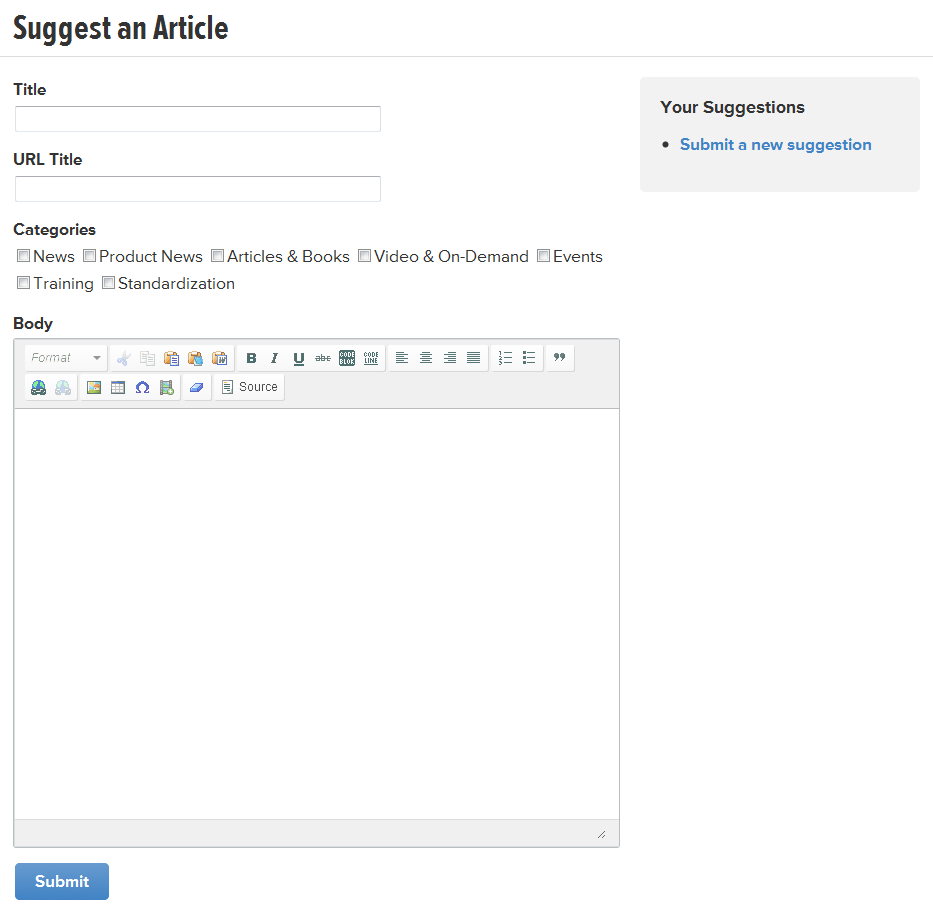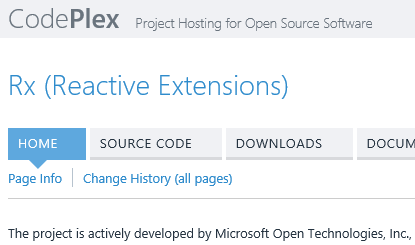Rule of Zero -- R. Martinho Fernandes

This article argues for limiting the use of the Rule of Five, and instead mostly aiming for a "Rule of Zero" -- why you don't have and don't want to write logic for copying, for moving, and for destruction all the time in C++, and why you should encapsulate that logic as much as possible in the remaining situations when you actually need to write it. (And, in passing, he shows once again why C++11 developers seem to be drawn to reusing unique_ptrs with custom deleters like moths to flames bees to flowers. See also recent examples like this one on std-proposals.)
Rule of Zero
In C++ the destructors of objects with automatic storage duration are invoked whenever their scope ends. This property is often used to handle cleanup of resources automatically in a pattern known by the meaningless name RAII.
An essential part of RAII is the concept of resource ownership: the object responsible for cleaning up a resource in its destructor owns that resource. Proper ownership policies are the secret to avoid resource leaks...

 You can help. It's easy, and here's how.
You can help. It's easy, and here's how.





 Reactive Extensions (Rx) is now open source and supports LINQ styles in C++.
Reactive Extensions (Rx) is now open source and supports LINQ styles in C++.
 The
The